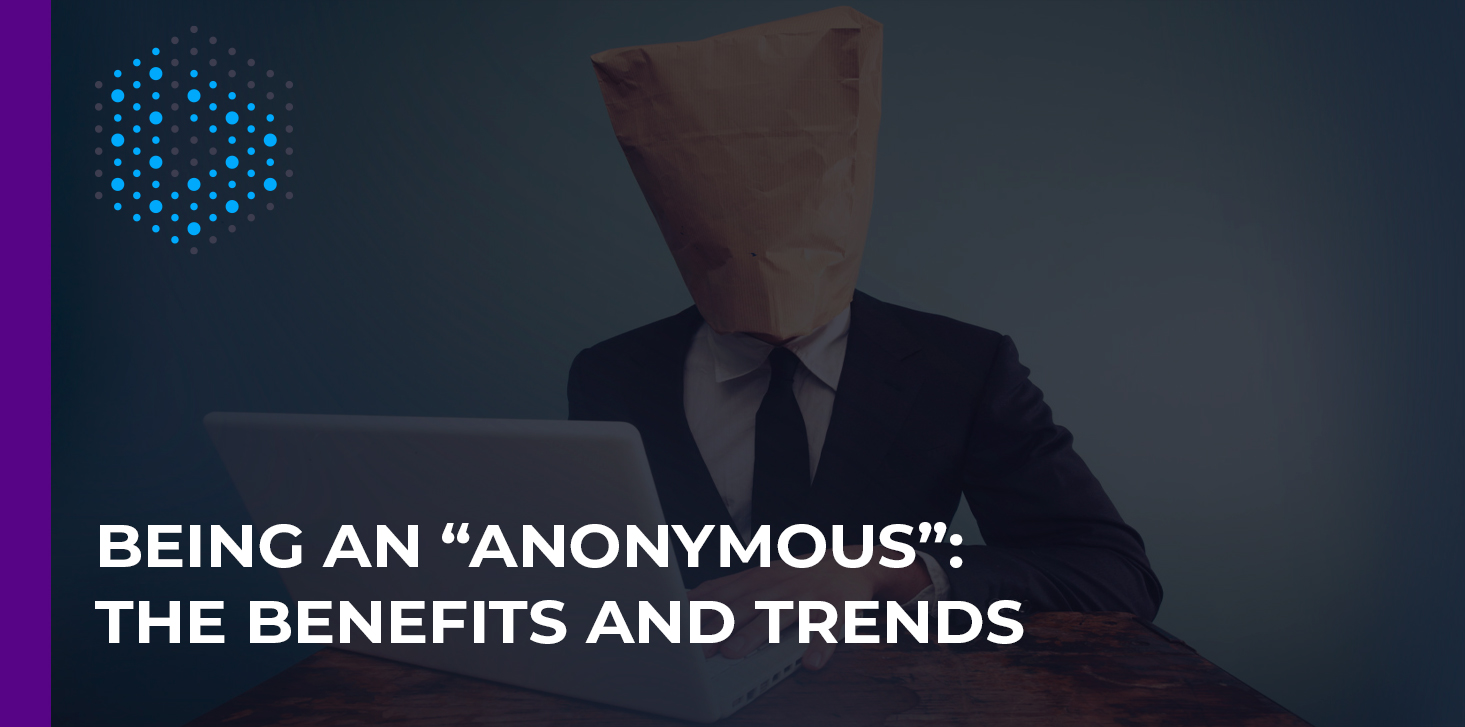The rise of anonymity: protecting innovations
Just over a decade ago, an anonymous developer known as Satoshi discovered a new, unstoppable form of money. In the following years, this invention spread, grew, and gained worldwide influence.
Being an “anonymous”: benefits and trends
It is this contradictory nature that has led many to admit that Satoshi’s decision to remain anonymous may actually have been one of the great gifts passed on to his technology.
Removing the Central figure as a center of influence, for better or worse, allowed the technology to function independently. However, more and more founders, online figures, educators, and others are choosing an anonymous identity – not only for the protection it can offer their ideas, but also for personal security.
In a world that is becoming more and more online, identity has become a target – names, email addresses, locations, and other identifiers can easily be used by other anonymous participants. Duplicating accounts and impersonating someone else are easily achievable goals with a name and email. Because your name and email address are linked to other sensitive information, such as passwords, risks such as identity theft and blackmail have increased enormously.
The ability to Express your opinions and ideas without the threat of asymmetric personal consequences is becoming increasingly desirable or even necessary in a polarized world. These factors gave rise to action. Today, community members and creators often have the ability to legitimately create, direct, and teach from just behind an avatar. Accepting credentials from accounts that are even behind the names of comic book characters or other mythical characters is done by checking their content, not the characters, and often even allows these anonymous people to take a place in the highest echelons of Internet influence.
Criminals
This is not to say that anonymity doesn’t work both ways. Although increasingly used by reliable sources, it still remains a veil for those who prefer to hide in the shadows, avoiding responsibility. The same protection offered to those who may share simply opposing or non-traditional views can also be used to conduct unjustified activities. Similarly, anonymity offers cover for scammers, scammers, and “developers” of new and unknown, but certainly huge projects that sell the “air” of the next big thing and then disappear into oblivion without any consequences. It goes without saying that in the anonymous world, critical thinking, judgment, and personal responsibility play an even greater role. However, secrecy can make it harder to distinguish between attackers and legitimate anonymous users.
Navigation of anonymity
Some of the most respected names in business history continued to steal their clients ‘ funds. A public image and even a proven track record is not always enough to judge the result. However, these same aspects are nevertheless an important due diligence measure.
Particularly with investment, the outcome of the project is yet to be seen, and the character of the founder becomes a more important factor in making decisions. At a minimum, the responsible person reduces the risk of the same escape with money or the possibility of completely avoiding responsibility in the event of gross negligence.
Meanwhile, an anonymous founder doesn’t have to be a key figure – many projects can and do benefit from not having a Central figure. However, even Nakamoto’s brilliant brainchild, which was the result of anonymity, had to work smoothly for almost a decade before it attracted the attention of major investors.
Other types of projects rely less on trust. Efforts such as analysis and opinion, other forms of content creation, and even sometimes reports offer more opportunities for immediate review, discredit, discussion, or acceptance. The nature of content as a product requires less reliance on unknowns, such as future promises or the identity of the author himself. While freedom of action plays a role in any online activity, the content provided is inherently less opaque than character-based contracts when it comes to anonymous sources.
Anonymity is a double – edged sword that provides protection to the person who owns it.
